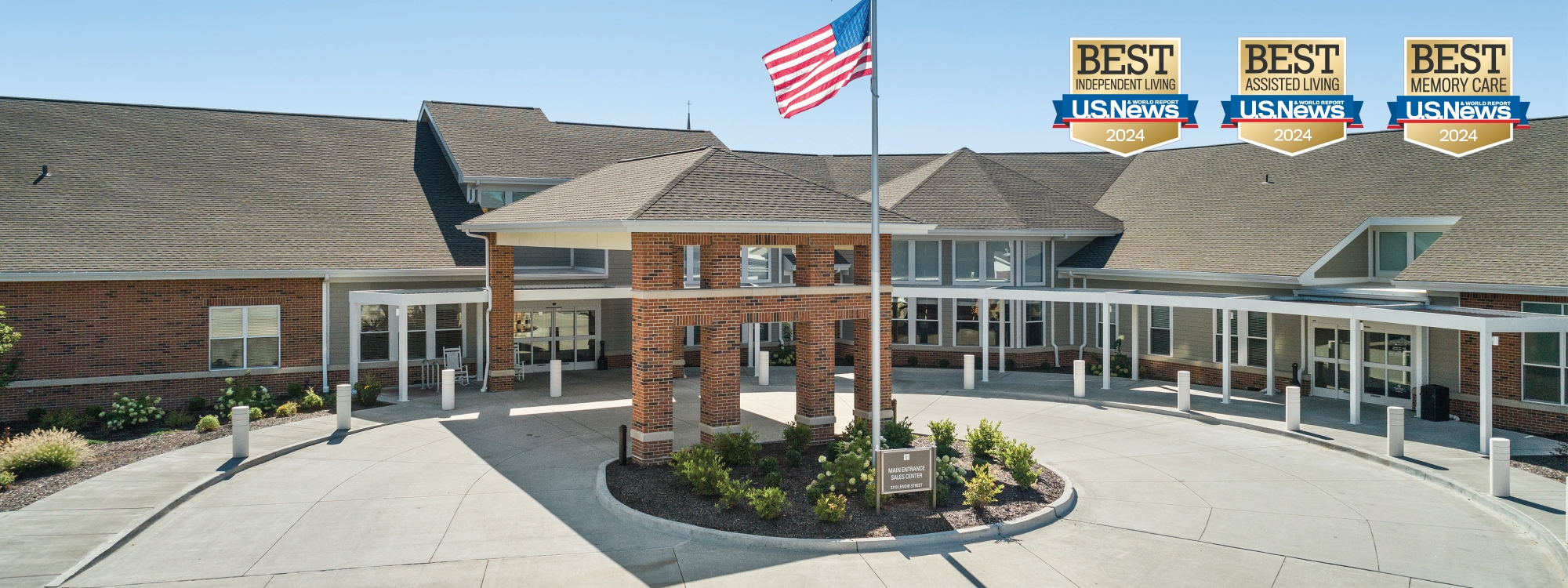Personalized Charlotte Memory Care: Comprehensive Memory Support Services
Personalized Charlotte Memory Care: Comprehensive Memory Support Services
Blog Article
What to Anticipate in Memory Treatment: A Comprehensive Guide to In-Home Solutions
Navigating the landscape of memory look after a liked one can be a facility and psychologically billed experience. As families concern terms with the difficulties of taking care of a person with amnesia, the world of at home services offers a lifeline of support and specialized care. Understanding what to expect in memory care is important for making sure the wellness of both the private with memory disability and their caregivers. From tailored everyday activities to safety protocols and caregiver sources, this overview intends to clarify the detailed spectrum of services readily available to those starting the trip of at home memory treatment.
Daily Routines and tasks
Taking part in structured day-to-day activities and regimens is a fundamental part of offering top quality look after people in memory care centers. These activities are diligently developed to deal with the particular demands of locals with cognitive problems, such as Alzheimer's disease or mental deterioration. Daily regimens play a crucial duty in preserving a feeling of familiarity, safety, and objective for individuals in memory treatment.

In addition, daily routines assist individuals in memory treatment centers to really feel even more focused and much less distressed. Consistency in routines and tasks can lower complication and frustration, providing a sense of stability and comfort. Caregivers and personnel play a vital duty in promoting these activities, ensuring that each resident receives personalized and compassionate care tailored to their special choices and capabilities.
Specialized Care Solutions
Within memory care facilities, specialized care solutions are important to deal with the distinct needs and challenges dealt with by people with cognitive problems such as Alzheimer's condition or mental deterioration. These services are developed to offer tailored support that deals with the certain demands of locals handling memory loss. Specialized treatment services in memory care centers commonly include customized treatment strategies, support with activities of day-to-day living, drug monitoring, and behavioral therapies focused on improving quality of life and minimizing distress.
Moreover, memory treatment facilities commonly use structured programs and tasks particularly developed to boost cognitive feature and promote social involvement among residents. These tasks may include memory-enhancing workouts, sensory excitement therapies, and reminiscence treatment sessions. In addition, specialized care services often entail regular monitoring of locals' health and health by skilled employee who are outfitted to manage the unique obstacles related to cognitive decrease.
Safety Procedures and Environment
Implementing rigorous security measures and creating a safe and secure environment are extremely important concerns in memory find more care centers to guarantee the health and security of residents with cognitive impairments. Safety in memory treatment begins with protected structure style, including secured doors and monitored access to avoid homeowners from roaming outdoors without supervision. By focusing on security actions and preserving a safe and secure environment, memory treatment centers objective to give a protective and comforting setup for individuals with cognitive disabilities.
Interaction and Engagement Methods
With an emphasis on promoting significant interactions and enhancing quality of life, effective interaction approaches play a crucial duty in sustaining individuals in memory care centers. Communication in memory care entails understanding the one-of-a-kind needs of homeowners that might have cognitive problems like mental deterioration.
Engagement methods are also vital in memory care, assisting citizens stay active, stimulated, and connected to their surroundings. Tasks like songs treatment, art classes, reminiscence sessions, and sensory stimulation can trigger memories, boost state of mind, and advertise socializing. Customizing activities to each individual's interests and capacities is vital to cultivating engagement and click to investigate a feeling of achievement. In addition, integrating acquainted items, pictures, and music from the person's past can offer convenience and stimulate positive memories. By prioritizing individualized communication and engagement techniques, memory care centers can enhance the total well-being and top quality of life for their locals.
Caregiver Support and Resources
Offered the critical function caretakers play in applying effective communication and interaction approaches for residents in memory care facilities, giving sufficient support and sources is vital to guarantee the wellness of both the caregivers and the individuals under their care. Caregivers in memory care setups usually face distinct difficulties that can affect their physical and psychological wellness. To resolve these obstacles, various support systems and resources are available to assist caretakers in providing the very best possible treatment.
One essential kind of assistance is caretaker education and learning and training programs. These programs furnish caretakers with the needed abilities and understanding to efficiently handle the symptoms and behaviors connected with amnesia. In addition, support system provide caregivers the possibility to get in touch with others that are experiencing similar challenges, providing a feeling of area and understanding.
Verdict

Involving in structured everyday tasks and routines is an essential part of offering top quality treatment for people in memory care centers.Within memory care facilities, specialized treatment solutions are crucial to resolve the distinct demands and challenges dealt with by individuals with cognitive impairments such anchor as Alzheimer's condition or mental deterioration. Specialized care solutions in memory treatment centers typically consist of individualized care plans, aid with activities of daily living, medicine monitoring, and behavior therapies aimed at enhancing high quality of life and decreasing distress.
Given the crucial function caretakers play in applying effective communication and engagement methods for citizens in memory treatment centers, providing sufficient support and resources is necessary to make certain the health of both the caretakers and the individuals under their care. Daily tasks, specialized treatment solutions, safety and security measures, communication strategies, and caregiver support are key components of in-home memory care.
Report this page